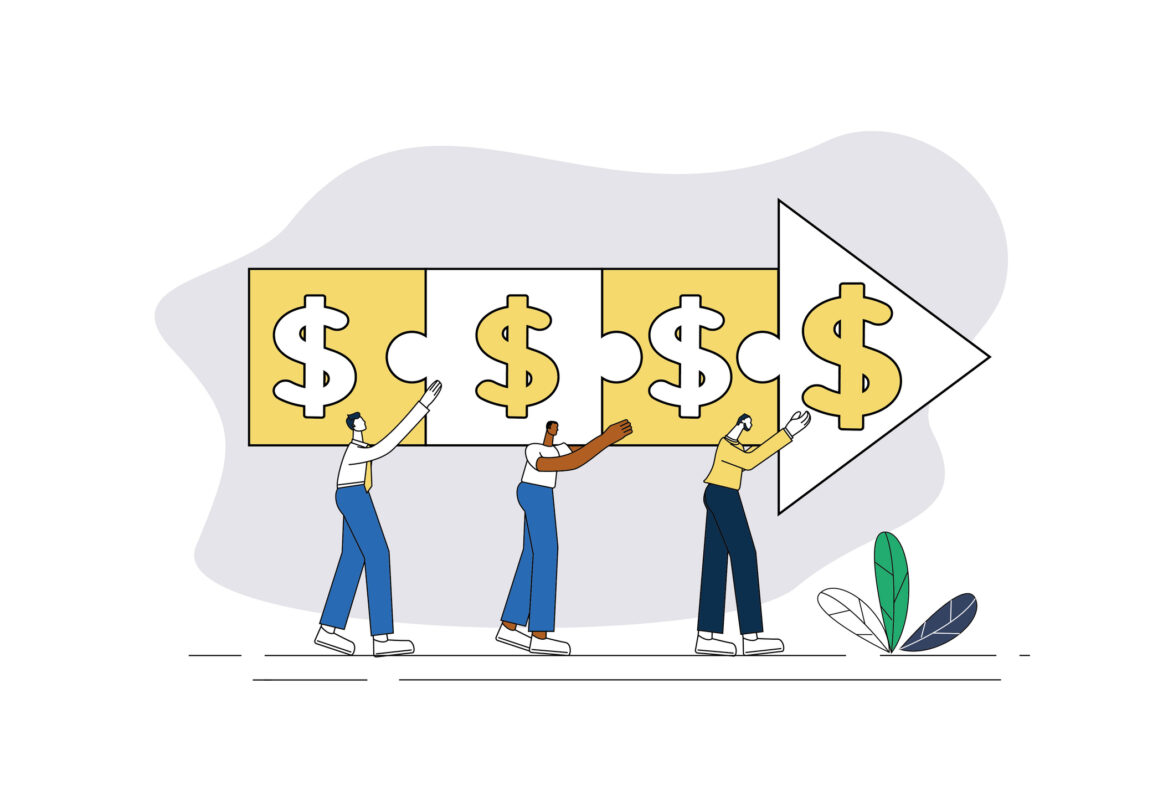 By: Wendy Rose Gould
By: Wendy Rose Gould
It’s no secret that housing costs have become increasingly expensive over the past few years, and there’s no sign of a drastic market change anytime soon. Hopeful first-time buyers are arguably experiencing the crunch more than anyone else, with many feeling like their long-held dream of purchasing real estate is simply out of reach. What clients may not realize is that there are numerous financial solutions available that can alleviate some of the financial burden. Ahead, we’re sharing viable options to explore with your buyers.
Down Payment Grants
The standard 20% down payment isn’t always feasible for first-time home buyers, turning them off from the idea of purchasing a home altogether. If this is the case for your client, investigate available down payment assistance options.
“[Many] lenders have grant programs or down-payment assistance—and in certain cases zero down even for a non-veteran—for first-time buyers who are strapped for cash but desire to own a home,” says Tia Coates, a real estate professional based in Phoenix, Arizona. “There are also zero-down loans for USDA and VA loans for veterans.”
She says that some grant programs vary state-by-state, but that federal programs from agencies like Fannie Mae and Freddie Mac are available across the country. In some instances, grants of $5,000 or more are available.
Group Economics
Amid ongoing housing supply challenges and rising prices, many first-time homebuyers are turning to joint ventures or “group economics” in lieu of a solo purchase. In real estate, starting somewhere is crucial, and collaborating as a group often enables greater progress versus acting alone.
“Typically involving two to four individuals, this strategy entails pooling financial resources and collective purchasing power to acquire property,” says Isaiah Hazward, director of sales for the Coalition Properties Group in Washington, D.C. “By combining their resources, individuals who may lack sufficient funds individually can achieve homeownership collectively.”
Along with getting into a home, this strategy reduces overall financial risk since costs and ongoing maintenance are shared equally among participants. Coates adds that an alternative to this is to utilize a co-signer—such as a parent with well-established credit—to help offset the closing costs and down payment.
NACA Purchase Program
The Neighborhood Assistance Corporation of America (NACA) is a non-profit organization committed to “closing the racial wealth disparity gap through character-based lending.” The nationwide program serves as an economical solution for low-to-moderate income earners buying for the first time.
“With a proven track record of over $20 billion in mortgage commitments, NACA offers fixed-rate mortgages featuring below-market interest rates, waived down payment and closing costs, and no mortgage insurance, which often creates an increase in purchasing power when compared to traditional loans with mortgage insurance requirements,” explains Hazward.
Additionally, NACA provides complimentary credit counseling services with no minimum credit requirements for purchases.
Unconventional Purchases
The current housing market guarantees some pretty stiff competition, particularly for first-time home buyers who may not have as much financial leverage compared to those coming in hot with full cash offers. In this case, it may make sense to look into less conventional avenues.
The first option is to consider bank-owned properties in your search, says Tezeta Roro, a real estate professional based in New Jersey. “While the process, decision makers, and paperwork involved is often different from buying from a private owner, it can be a good option for first time homebuyers who may have a hard time competing in the current market due to low down payment,” she says.
Another option is to consider buying from a family member or friend you know. This helps eliminate some competition and can serve as a win-win since it maintains generational wealth. To that end, Roro adds that those looking to downsize can potentially leverage the 1031 exchange tax code to postpone capital gains taxes and buy a property that can be written into a will to be gifted to the adult child, making it a tax-free gift upon death.
Negotiated Seller Concessions
When people talk about what they can afford, they often have a monthly mortgage payment in mind. Coates says that negotiating seller concessions is vitally important to saving your client hundreds of dollars each month.
“In some areas, we still see sellers willing to pay closing costs for buyers, which helps offset how much the buyer needs to bring to the table,” Coates says. Other examples of seller concessions include covering some maintenance or home repair costs prior to closing, contributing to the down payment, including furniture or appliances in the sale, or buying down the interest rate.
If your clients are feeling the pinch of soaring home prices and inflation, consider whether any of these solutions can relieve financial tension and get them in their dream home sooner than they imagined.
Wendy Rose Gould is a veteran freelance lifestyle reporter based in Phoenix, Arizona. She covers home, travel, and wellness for outlets such as Martha Stewart Living, Real Simple, Insider, TODAY, and others. Wendy received her journalism degree from Franklin College’s Pulliam School of Journalism and has a second bachelor’s degree in philosophy. You can learn more about her at wendygould.com and follow her on Instagram @wendyrgould.

Comments 2
Great article.
Thank you for sharing the informative article.